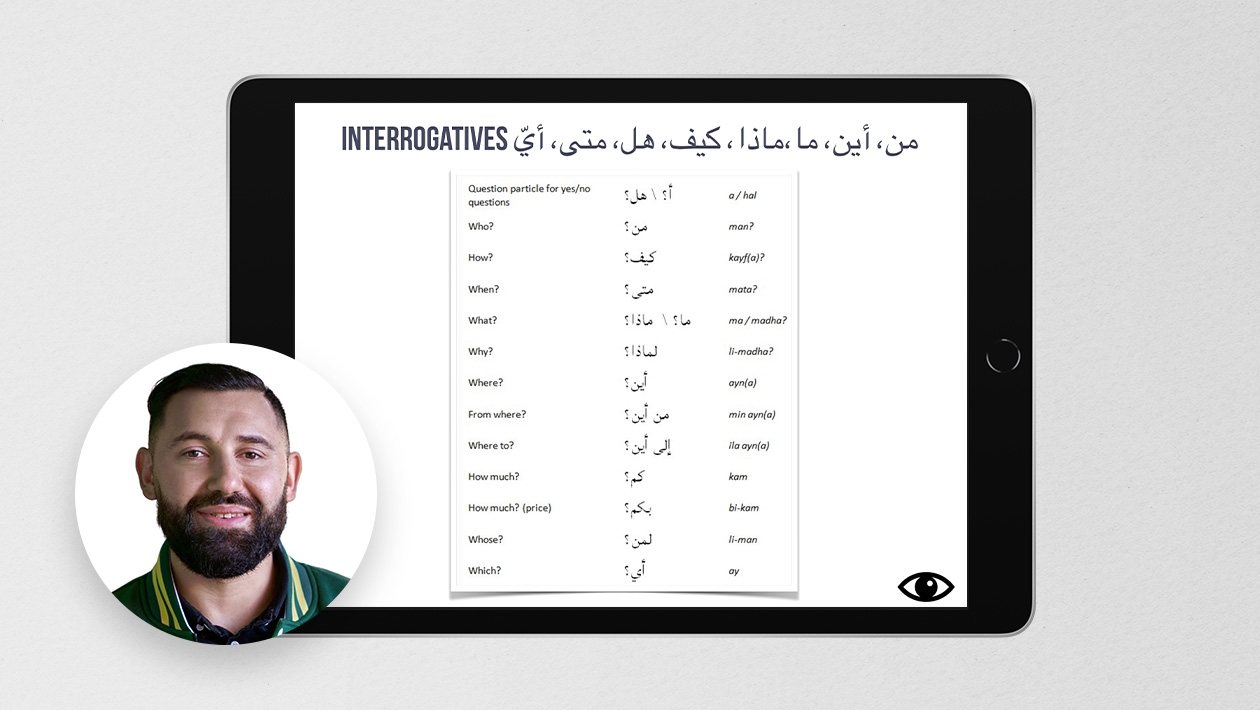There are many useful Japanese words that are difficult to translate directly into English.
For example, expressions like 「がんばれ "Ganbare!"」 and 「お疲れ様! "Otsukaresama!"」 are commonly used in Japan, but when children try to express them in English, they often feel confused.
However, when they are able to express what they truly want to say in English, that is when real communication happens.
Even when they come across difficult words, they can rephrase them using simpler words they already know.
Today, I will introduce the way to develop this skill.
The most important ability is "paraphrasing" (換言力). This skill changes depending on the situation and context.
For example, if you suddenly ask children how to say "Ganbare!" in English, they might struggle to come up with an answer.
But what if we show them the following video?
"Ganbare!" is a word used to encourage or cheer up people in different situations. When children see real-life situations, they naturally come up with various English expressions.
・To a child struggling with eating vegetables at lunch:
“Vegetables are crying,” “Never give up,” “You can do it,” “Maybe you will like it!”
・To a child who didn't get a good test score:
“Do your best,” “Try again next time,” “Let’s practice together,” “You can do it,” “You should study more.”
・To a child failing repeatedly at jump rope:
“Try again!” “Don’t stop! Never give up!” “You can do it!” “Jump! Jump!” “Nice try!”
Of course, some of these expressions might not be grammatically perfect.
However, instead of staying silent because they don’t know the "correct" phrase, isn’t it more valuable for children to express their feelings in the moment?









March 24, 2025 . English
English
Toguchi sensei,
Thank you for sharing your great idea.
I was also very impressed with your presentation.
I think paraphrasing skill is good for junior high school students,too. So I'd like to have time to do that next term.
I'm looking forward to seeing you again.
Thanks!
This action is unavailable while under moderation.
This action is unavailable while under moderation.